Thank You Letter to Doctor Template for Expressing Gratitude
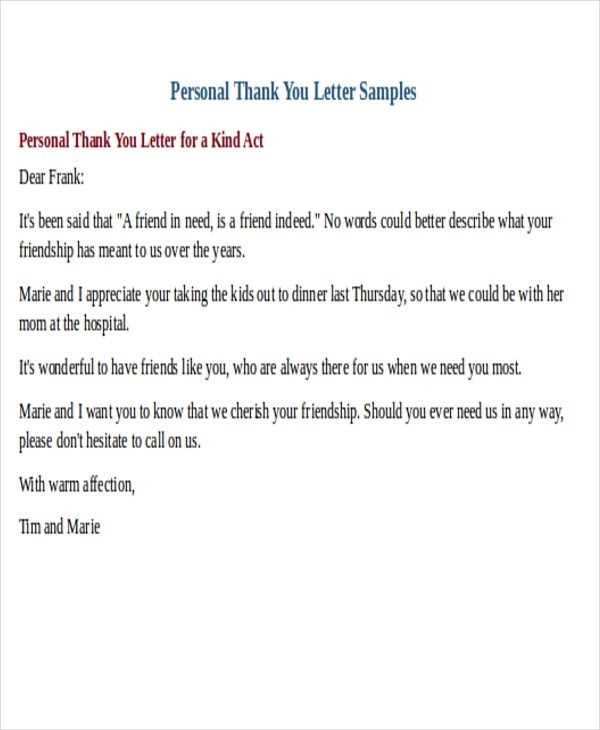
Showing gratitude towards a medical professional can go a long way in reinforcing positive relationships and conveying sincere recognition for their efforts. Whether it’s a brief note or a more detailed message, taking the time to acknowledge their care and dedication helps nurture a deeper bond and creates a lasting impact. A heartfelt expression of thanks can be a meaningful gesture to demonstrate your appreciation for the expertise and compassion shown in your time of need.
Why Expressing Gratitude Matters
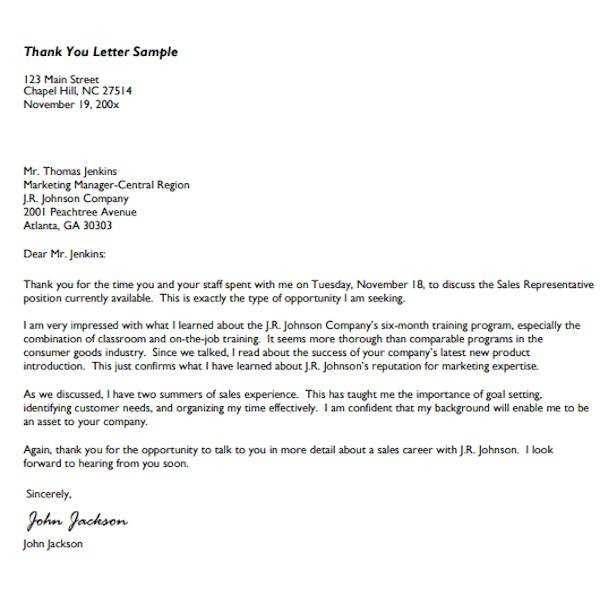
When we acknowledge the hard work of healthcare professionals, it serves as a reminder of their dedication and the essential role they play in our well-being. This simple act can encourage them, boost morale, and enhance the quality of care they provide. A genuine message of gratitude fosters a connection that extends beyond the typical patient-provider interaction.
Benefits of Showing Appreciation
- Strengthens relationships between patients and medical staff
- Boosts morale and encourages ongoing excellent service
- Promotes positive outcomes in the patient’s recovery journey
Best Timing for Sending a Note
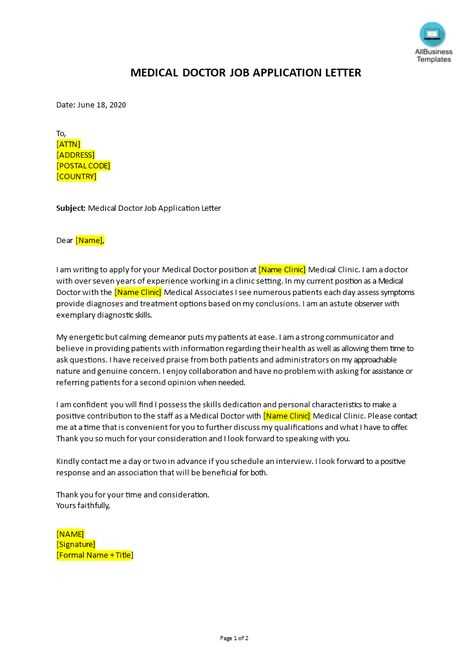
Choosing the right moment to send your message can have a significant impact. Sending it soon after treatment ensures the provider understands the immediate effects of their care. Alternatively, marking milestones in your recovery can be a great opportunity to reach out and remind them of the role they played in your journey.
How to Craft Your Message
When composing your message, be sincere and specific. Mention aspects of their care that stood out to you, whether it was their attentive listening, prompt response, or the clarity with which they explained your treatment options. Acknowledging these details makes your gratitude more personal and meaningful.
- Be clear and concise: Keep your message focused while still heartfelt.
- Use specific examples: Recall moments where their actions had a positive impact on your health.
- Express future confidence: Let them know how their care positively influenced your ongoing health journey.
Examples of Heartfelt Messages

Here are a few ideas for structuring your own message:
- “I appreciate your thoroughness in addressing my concerns during my visit. Your professionalism has made a real difference in my recovery.”
- “Your compassion and dedication have been a source of comfort throughout my treatment. Thank you for everything you’ve done.”
- “I am grateful for your timely care and for taking the time to explain my condition and treatment options in a way that made me feel confident.”
Final Considerations
Small gestures of appreciation, when done sincerely, can have a lasting impact. Crafting a meaningful message that reflects your genuine gratitude helps reinforce the invaluable contributions made by healthcare professionals. In the end, your thoughtful words can contribute to building trust and reinforcing the compassionate care you received.
Why Express Gratitude to Your Healthcare Provider
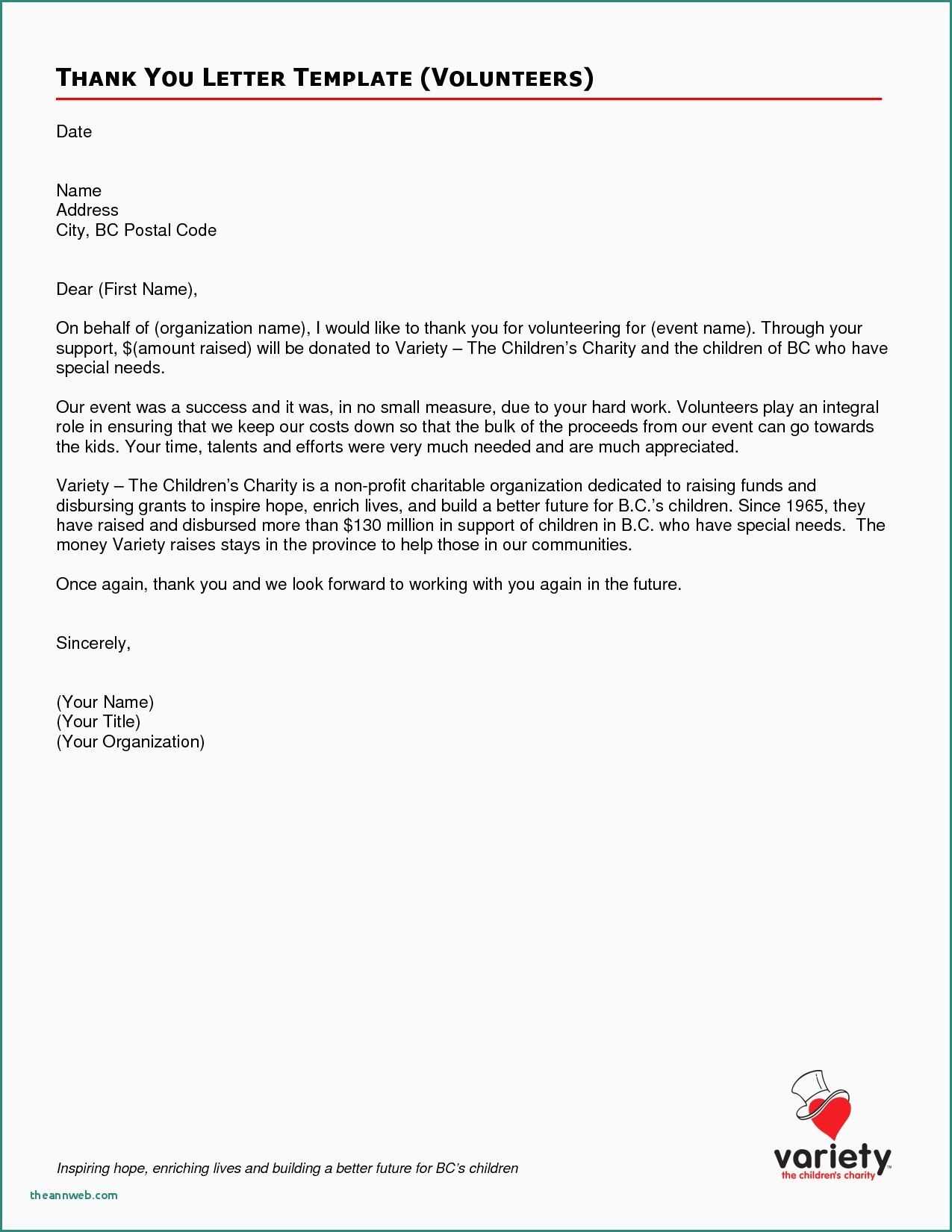
Acknowledging the efforts and care of those who assist in maintaining our health is a meaningful way to build lasting connections. Recognizing their contribution not only strengthens relationships but also motivates continued dedication and quality service. A simple act of appreciation can make a substantial difference in how they feel valued and understood in their professional role.
Steps to Craft a Thoughtful Appreciation Note
When composing a message of appreciation, it’s important to be clear and concise. Focus on expressing your genuine feelings and specifying the actions that made an impact. Highlighting particular moments during your treatment that stood out helps make your words more sincere and meaningful. Keep your message free of unnecessary details to ensure it remains heartfelt.
Making Your Message Personal
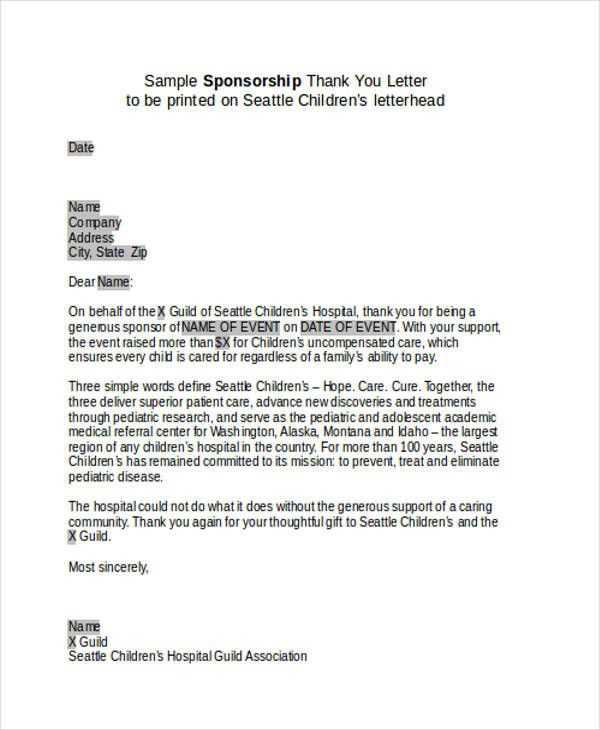
A personalized message reflects your unique experience and connection with the recipient. Mentioning specific aspects of your care, whether it was the attentiveness to your concerns or the thoroughness in explaining your treatment options, helps convey that your message is not generic. Personalizing your note ensures that the recipient feels truly appreciated for their individual efforts.
The Right Time to Send Your Note
Timing is important when expressing your gratitude. Sending it shortly after your visit or treatment can capture the immediate impact of the care you received. Alternatively, sending a message after a significant milestone in your recovery, such as the completion of a treatment plan or positive progress, can serve as a reminder of the pivotal role played in your healing process.
How Appreciation Notes Enhance Healthcare Provider-Patient Bonds
Thoughtful notes of recognition can deepen the relationship between patients and those who care for them. By showing appreciation, you acknowledge the hard work, dedication, and compassion that professionals put into their roles. Such gestures foster trust, improve communication, and create a positive, supportive atmosphere that can positively influence your overall healthcare experience.
Examples of Grateful Messages for Physicians
Here are some ideas to inspire your own message:
- “I am deeply grateful for your attention to detail and the way you made me feel at ease during my treatment. Your kindness and professionalism meant a lot to me.”
- “Thank you for your unwavering support and guidance throughout my recovery. Your knowledge and patience have made a lasting impact on my health journey.”
- “I appreciate your exceptional care and the thoughtful way you addressed all my concerns. Your expertise gave me confidence in the treatment process.”
Common Errors to Avoid in Your Appreciation Note
While writing your message, be mindful of the following pitfalls:
- Being too vague: Avoid general statements that lack personal meaning. Specific details make your message stand out.
- Overloading with flattery: While expressing gratitude is essential, excessive praise may come across as insincere.
- Neglecting clarity: Ensure your message is easy to read and free from unnecessary complications.